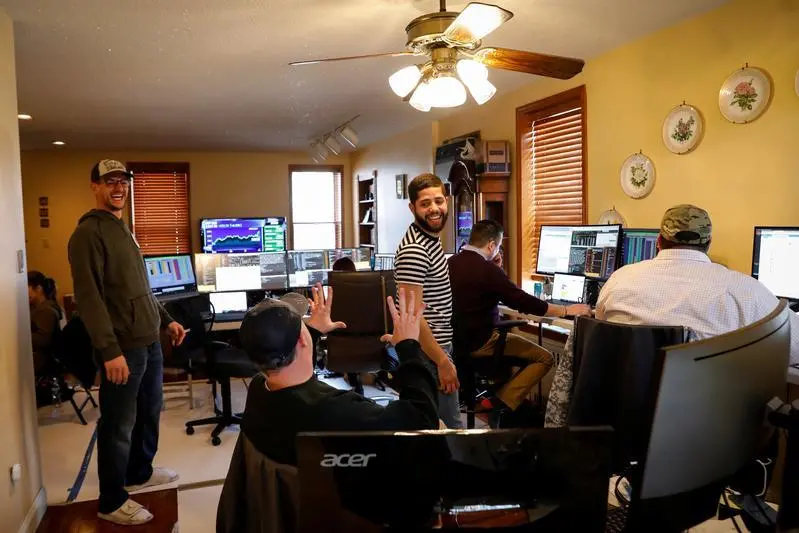PHOTO
LONDON - Companies around the world are turning off the dividend taps. Carmaker Ford Motor , fashion retailer H&M and UniCredit, the Italian bank, are among those that have cancelled or suspended their payouts in the last few weeks. Government restrictions and the need to conserve liquidity mean more are likely to follow.
The rush to stop distributing money to shareholders is an indication of the corporate cash squeeze caused by the coronavirus pandemic. Many big companies pride themselves on making reliable payments irrespective of short-term economic fluctuations. Still, it’s easier to cancel discretionary dividends than to skip interest on debt.
There’s a lot of cash at stake. The companies that make up the S&P 500 Index paid dividends worth nearly $500 billion in 2019. That’s roughly double the level before the last financial crisis in 2008, according to Breakingviews calculations based on the benchmark’s dividend yield. Members of the UK’s FTSE 100 Index currently pay out more than 80 billion pounds ($99 billion), up from about 55 billion pounds 12 years ago.
Those figures look certain to take a hit. Goldman Sachs analysts predict dividend payments by S&P 500 members will fall by 25% this year. That’s a similar drop in percentage terms to the decline that followed the 2008 financial crisis.
Official restrictions are partly to blame. The European Central Bank on Friday urged lenders it regulates to halt dividends and conserve capital. Meanwhile, government bailouts are often conditional on companies no longer using cash to reward shareholders. Aerospace giant Boeing and Delta Air Lines, both potential recipients of U.S. state support, have already suspended payments.
Companies have ways to avoid being dividend delinquents, though. To begin with they can halt share buybacks, which have been a bigger consumer of cash in the United States: S&P 500 constituents spent a combined $729 billion buying back stock last year. Another approach is to encourage shareholders to receive a dividend in shares, rather than cash.
Nevertheless, a dividend drought will put pressure on income-dependent investors, like pension funds, which tend to rely on the regular income to meet their obligations. The best they can hope for is that the dry spell is short-lived.
CONTEXT NEWS
- Goldman Sachs analysts on March 30 predicted that dividends paid by companies in the S&P 500 Index would fall by 25% in 2020 as certain large dividend-paying industries fall victim to the economic shock of the coronavirus outbreak.
- “The record high level of net leverage for the median S&P 500 stock coupled with the ongoing credit market stress means many firms are unlikely to borrow to fund their dividend,” the analysts wrote.
- The European Central Bank on March 27 asked banks not to pay dividends until at least October 2020, boosting lenders’ capacity to absorb losses and support new lending.
(Editing by Richard Beales and Amanda Gomez)
(The author is a Reuters Breakingviews columnist. The opinions expressed are his own.)
© Reuters News 2020





















